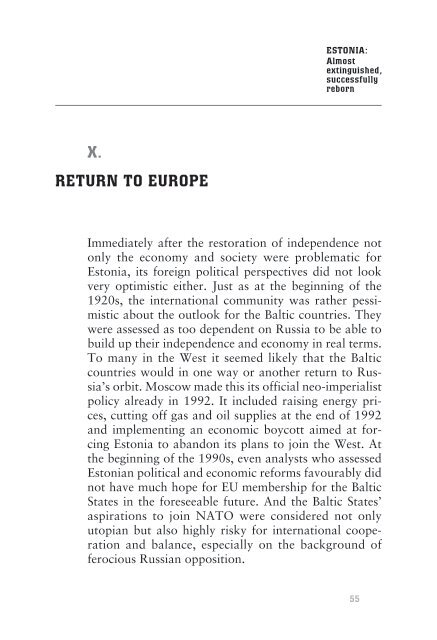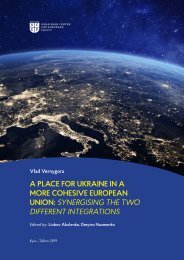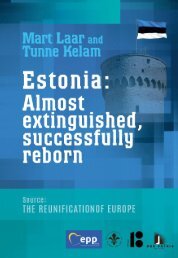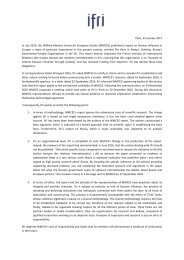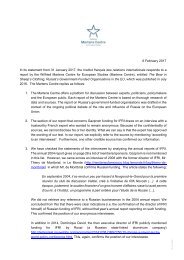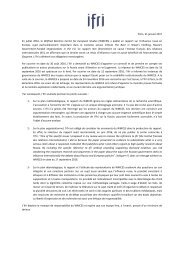ESTONIA: Almost extinguished, successfully reborn
The following text is the shortest possible review to help inform friends and guests from abroad about Estonia’s experience with foreign occupation and totalitarianism as well as its road to peacefully re-establishing national inde-pendence on the basis of democracy. Tunne Kelam Member of the European Parlament
The following text is the shortest possible review to help inform
friends and guests from abroad about Estonia’s experience with
foreign occupation and totalitarianism as well as its road to
peacefully re-establishing national inde-pendence on the basis
of democracy.
Tunne Kelam
Member of the European Parlament
You also want an ePaper? Increase the reach of your titles
YUMPU automatically turns print PDFs into web optimized ePapers that Google loves.
<strong>ESTONIA</strong>:<br />
<strong>Almost</strong><br />
<strong>extinguished</strong>,<br />
<strong>successfully</strong><br />
<strong>reborn</strong><br />
X.<br />
RETURN TO EUROPE<br />
Immediately after the restoration of independence not<br />
only the economy and society were problematic for<br />
Estonia, its foreign political perspectives did not look<br />
very optimistic either. Just as at the beginning of the<br />
1920s, the international community was rather pessimistic<br />
about the outlook for the Baltic countries. They<br />
were assessed as too dependent on Russia to be able to<br />
build up their independence and economy in real terms.<br />
To many in the West it seemed likely that the Baltic<br />
countries would in one way or another return to Russia’s<br />
orbit. Moscow made this its official neo-imperialist<br />
policy already in 1992. It included raising energy prices,<br />
cutting off gas and oil supplies at the end of 1992<br />
and implementing an economic boycott aimed at forcing<br />
Estonia to abandon its plans to join the West. At<br />
the beginning of the 1990s, even analysts who assessed<br />
Estonian political and economic reforms favourably did<br />
not have much hope for EU membership for the Baltic<br />
States in the foreseeable future. And the Baltic States’<br />
aspirations to join NATO were considered not only<br />
utopian but also highly risky for international cooperation<br />
and balance, especially on the background of<br />
ferocious Russian opposition.<br />
55


